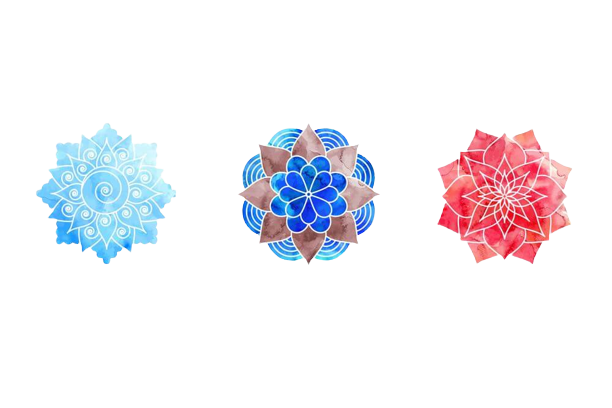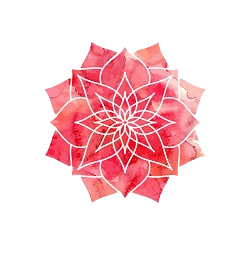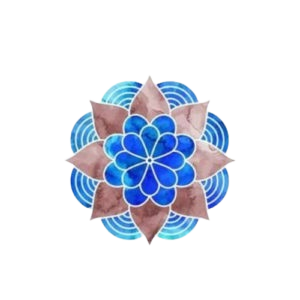
Ayurveda, the timeless study of natural herbal remedies, has been an integral part of India's knowledge heritage for millennia. Rooted in profound philosophy, psychology, and traditional medicinal wisdom developed over centuries, Ayurveda encompasses not only the treatment of ailments but also the art of harmonizing our daily nutrition for holistic well-being.
Often referred to as "The Science of Life," Ayurveda beckons us to lead our lives (Ayur) in accordance with the wisdom enshrined in the ancient Indian scriptures known as the Vedas. These sacred texts were imparted by sages dwelling in the pristine Himalayas over 5000 years ago. The four Vedas - Rig, Yajur, Sam, and Atharva - illuminate the path to a harmonious existence, blending spirituality, discipline, harmonious coexistence with nature, nourishing dietary choices, and rejuvenating recreation. These teachings serve as a compass for a life of health and prosperity.
In the contemporary world, Ayurveda has gained recognition for its herbal treatments and reliance on the bountiful resources provided by nature. Unlike quick fixes, Ayurveda delves deep into the roots of ailments, focusing on symptom-based treatments. Central to this medicinal science is the understanding of a patient's health through pulse examination, and its alignment with the three Tridoshas - Vata, Pitta, and Kapha - serves as the cornerstone for treatment.
In the holistic science of Ayurveda, Tridosha is a fundamental concept that underpins the understanding of human health and well-being. Tridosha, which means "three doshas," refers to three primary energies or forces that govern various physiological and psychological functions within the body. These doshas are Vata, Pitta, and Kapha, and they represent the essential principles of life.

Vata is the energy associated with movement and communication. It is characterized by qualities such as dryness, coldness, lightness, and variability. Vata governs bodily functions like breathing, circulation, and the nervous system. When in balance, Vata promotes creativity, enthusiasm, and agility. However, an imbalance can lead to anxiety, restlessness, and digestive issues.
Pitta represents the energy of transformation and metabolism. It embodies qualities like heat, intensity, and sharpness. Pitta regulates processes such as digestion, metabolism, and hormonal balance. In balance, Pitta fosters intelligence, leadership, and courage. An excess of Pitta can result in irritability, inflammation, and digestive disorders.


Kapha embodies the energy of structure and stability. It is characterized by qualities such as heaviness, coolness, and moistness. Kapha governs functions like immunity, growth, and lubrication. A balanced Kapha promotes calmness, compassion, and strength. However, an imbalance may lead to lethargy, weight gain, and respiratory issues.
The key to maintaining health in Ayurveda is to keep these three doshas in equilibrium. Each individual has a unique combination of Vata, Pitta, and Kapha, known as their Prakriti or constitution. Ayurvedic practitioners assess this constitution to tailor recommendations for diet, lifestyle, and treatments that restore and maintain balance.
Tridosha theory is central to Ayurveda's personalized approach to health, offering insights into understanding individual differences and providing guidance on how to optimize well-being. By harmonizing the doshas through proper nutrition, lifestyle choices, and holistic practices, individuals can achieve and maintain a state of vibrant health and balance.

Professional and individual care by highly experienced and well-skilled Ayurvedic guru's.
Contact Us
Every aspect of your care is coordinated and teams of experts work together to provide exactly the care you need.
Contact Us
We serve healthy & fresh Ayurvedic food that suits your customized treatment plans to stimulate rejuvenation & health.
Contact Us